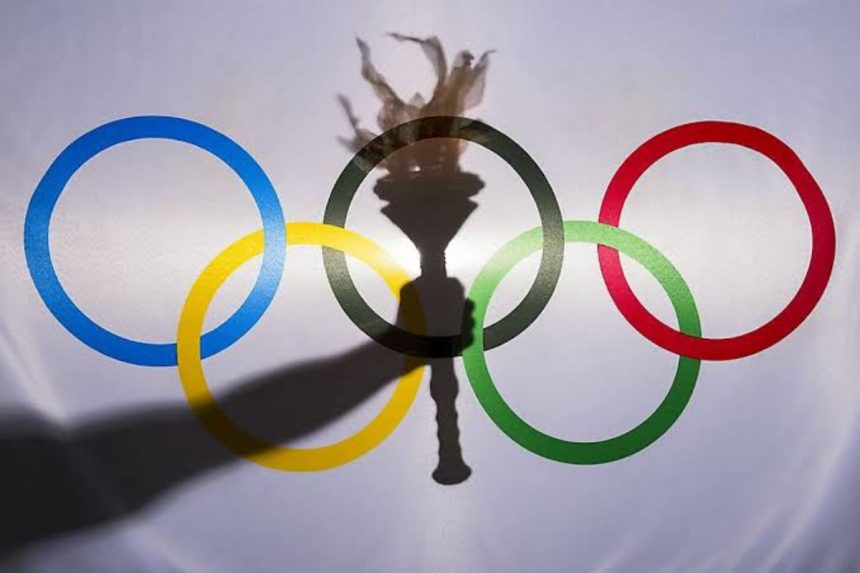For the first time in Olympic history, World Athletics will be awarding prize money to gold medalists at the upcoming Paris Games.
Each of the 48 event winners will receive a sum of $50,000 (46,000 euros), marking a significant departure from the traditional amateur ethos of the Olympics.
Sebastian Coe, President of World Athletics, emphasized that this move acknowledges the immense contribution of track and field athletes to the global appeal of the Olympic Games.
“I don’t believe this is remotely at variance with the concept that the International Olympic Committee often talks about, which is recognising the efforts that our competitors make for the overall success of the Games,” Coe said.
“The introduction of prize money for Olympic gold medallists is a pivotal moment for World Athletics and the sport of athletics as a whole, underscoring our commitment to empowering the athletes and recognising the critical role they play in the success of any Olympic Games,” Coe added.
“We are now in a position to also fund gold medal performances for athletes in Paris, with a commitment to reward all three medallists at the LA28 Olympic Games.”
The prize fund, totaling $2.4 million, is sourced from the IOC’s revenue share allocated to World Athletics.
Coe highlighted that this is a key moment for World Athletics, demonstrating a commitment to supporting athletes and valuing their pivotal role in the Olympics’ success.
The practice of awarding prize money in athletics began at the 1997 World Championships, with last year’s winners in Budapest receiving $70,000.
Coe, a former Olympic champion himself, believes that the introduction of prize money reflects the evolution of the sporting world.
“Does this undermine the amateur ethic? Well, I’m probably the last generation to have been on the 75p meal voucher and a second-class rail ticket when competing for my own country,” Coe said.
“We’re now operating in a completely different planet from when I was competing, so the sport must recognise that change in landscape.”
Reactions within the athletic community are mixed. Olympic champion Karsten Warholm views the decision as a positive and motivating step for athletes.
“To be honest, anything offered in terms of a prize is good for the athletes, it’s motivation,” the Norwegian said.
“These athletes work hard and sacrifice and this sort of prize is very important.”
In contrast, world record holder Jonathan Edwards finds it somewhat incongruous, noting that the Olympics have traditionally not offered prize money.
“It’s not (World Athletics’) event, it’s the Olympics. It feels like a bit of an undercut to the IOC, who have been very strict around saying ‘We’re not going to have prize money’. Athletes who win at the Olympic Games already get rewards.”
Tony Estanguet, head of the Paris Olympics organizing committee, expressed no opposition to the prize money, acknowledging that while the primary motivation for athletes is not financial, recognizing their achievements with a monetary reward is also important.
“I remember as an athlete, my only dream was to win an Olympic medal… It’s not for the money.
“You win when you earn this kind of medal. (Money) is not your first motivation. But it’s also important to make sure that the athletes will also earn some money.”





